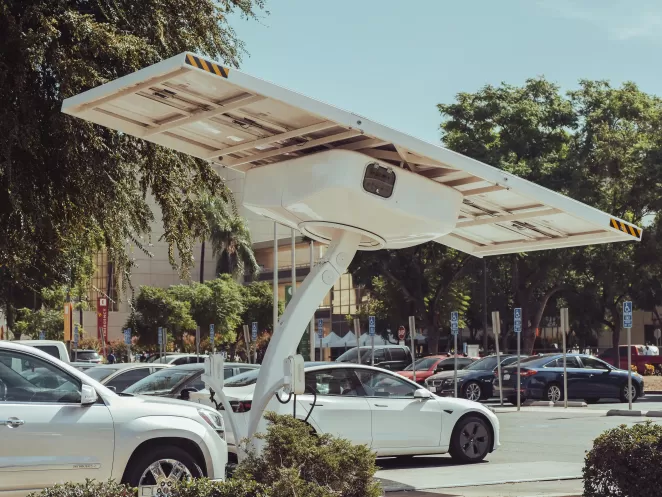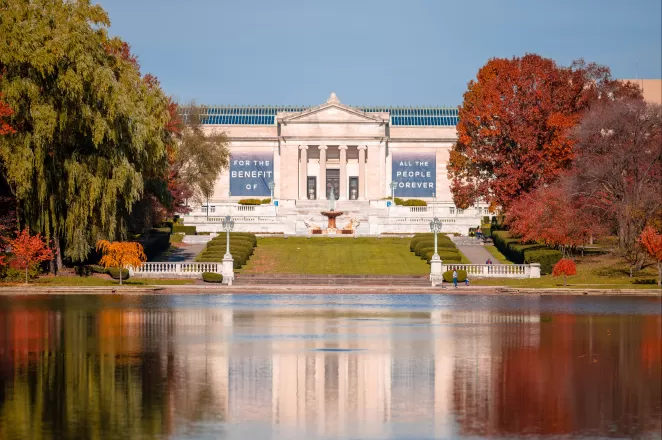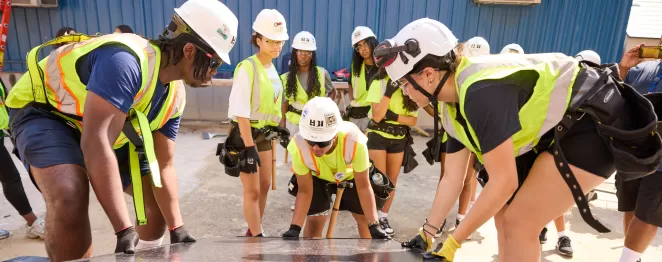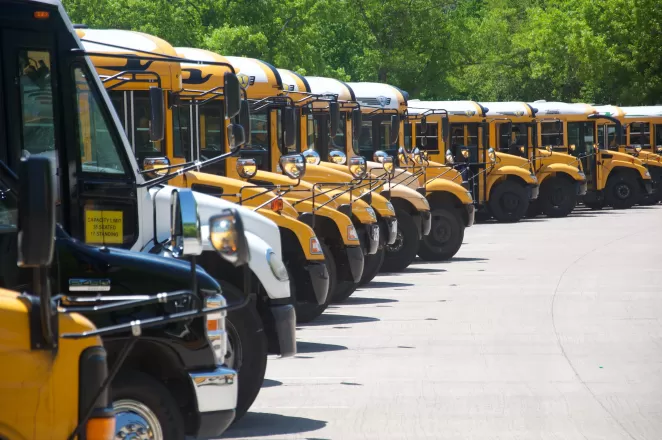Local Communities Lead Environmental Action on the Duwamish River
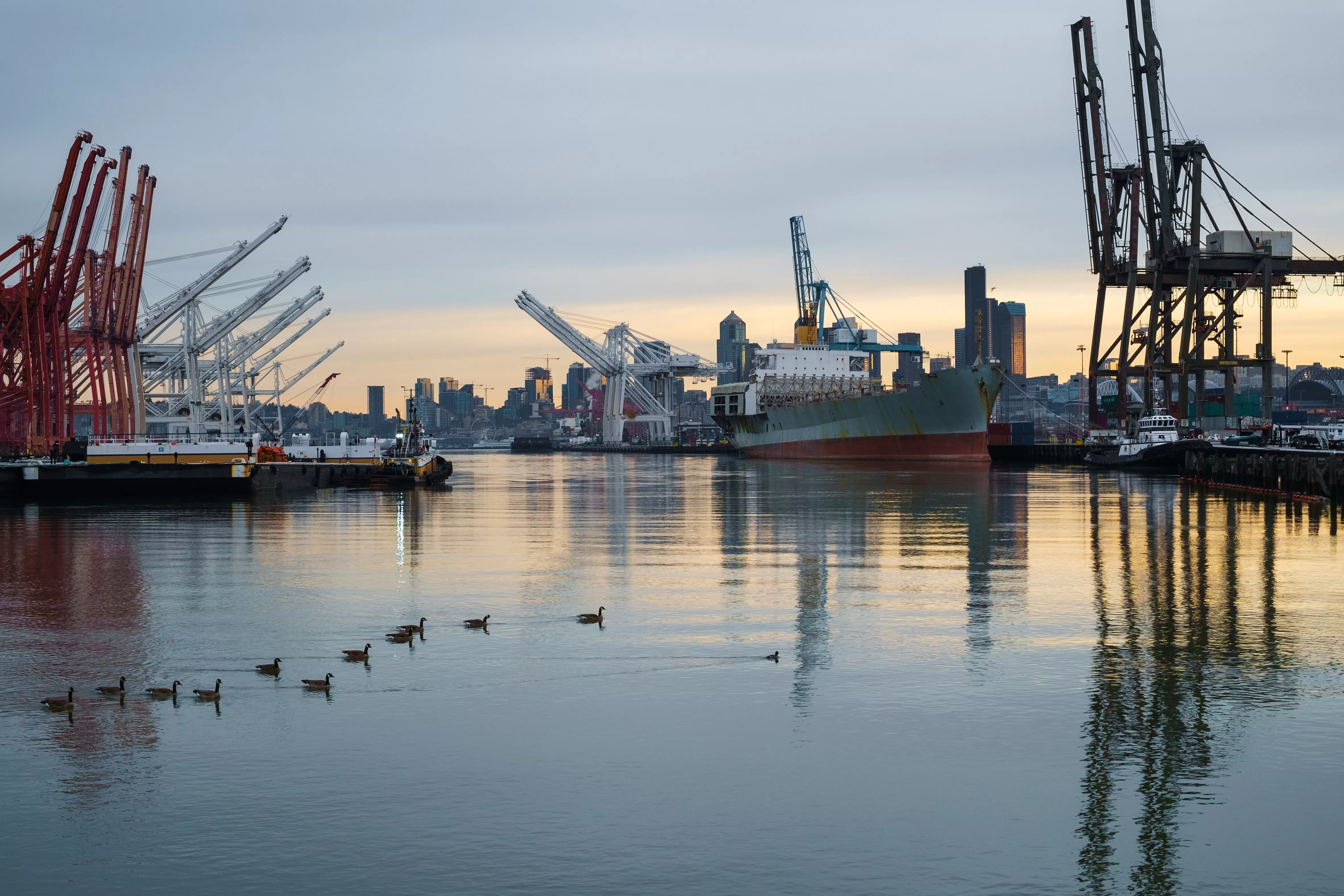
Emptying into Washington’s Elliot Bay, the Duwamish River is one of the most important commercial ports on the West Coast and a breathtaking natural resource rich with history and culture. Despite the pollution that industrial activity has caused, Paulina Lopez was captivated with the Duwamish the moment she arrived from Quito, Ecuador.
“I was looking for a place that would look like some of my home,” she says. “At the time, I was trying to raise a family. I fell in love with the river that is a few blocks from my house, and also many people speaking other languages outside, which is something I have always valued. [It] was a draw to me to see the possibilities.”
Lopez is the executive director of the Duwamish River Community Coalition, an organization dedicated to raising the voices of people affected by the pollution of the river. These include immigrants like Lopez, communities with low incomes, people of color, and Indigenous people. Pollution affects all who rely on the river, and the coalition helps local communities speak up and have a say in actions to clean up the river as part of a partnership between the local communities and the Port of Seattle, the Port Community Action Team (PCAT).
Their current focus is the Lower Duwamish Waterway (LDW) Superfund, a five-mile segment of heavily polluted river that is being cleaned up with help from the U.S. Environmental Protection Agency. Polychlorinated biphenyls (PCBs), arsenic, carcinogenic polycyclic aromatic hydrocarbons (cPAHs), dioxins, and furans from industry have poisoned animals and plants in the river, and endangered people that live near it. The coalition makes sure these clean up efforts include the needs and wants of the communities most affected.
“Our strategy has always been centering the voices of community, but also understanding that it's a very complex subject to just look at the river itself without bringing all these other intersections that have to do with climate justice and air pollution and inequity,” Paulina Lopez says.
It’s clear the state leaders are listening to voices like Lopez’s. Washington Governor and America Is All In co-chair Jay Inslee is a longtime environmental leader, having run for president in 2020 on a strong, pro-climate action platform. Back in his home state, he’s continued addressing the effects of environmental racism and the need for justice.
“We know that there are communities across the country that are disproportionately affected by pollution that causes climate change and really damages the lungs of our children and increases asthma rates,” he says. “And we need to respond to those disproportionately impacted communities as we are here in the Duwamish. You know, the lifespan of this community right here is eleven years less than similar, situated communities, principally because of pollution. And so, we need to respond to that. And these benefits programs can do that in a variety of ways.”
Many of the beneficial programs the governor is citing are driven by PCAT. That partnership, which gives the local community a direct line of communication and feedback to the Port, was solidified through the first environmental justice policy of any U.S. port, the 2018 Duwamish River Community Benefits Commitment.
Since that Commitment, the PCAT has created the Duwamish River Community Hub as an economic development resource center for the local community and the Duwamish River People’s Park. Completed in 2022 in collaboration with the Duwamish River Community Coalition, PCAT restored fourteen acres of previously polluted land in a thriving community space. Lopez speaks fondly of working on bringing it back to life.
“What makes it more important is when we go with our youth looking at it and they have that ownership to say, ‘Ms. Paulina, I planted those trees that are growing now,’” she says.
Such direct action is also the work of another community partner, the Dirt Corps. Fighting climate change takes more than just volunteers. For long-term sustainability, clean energy and environmental projects have to produce jobs and economic activity. That’s where the Dirt Corps comes in. The group provides job training in various environmental fields, everything from forestry to ecological restoration, with a focus on hiring LGBTQ people, BIPOC, and other marginalized groups.
Andrew Schiffer has been with Dirt Corps since 2014, and previously worked in manufacturing. He has helped expose people to job opportunities they may not otherwise have known about. Through these job opportunities, people see how environmental progress can achieve concrete benefits for themselves and their communities, from clean air and a beautiful park for local nature and recreation to family-sustaining jobs.
“It's one thing to sort of sit and listen and hear about things,” says Schiffer. “It's a very different thing to be able to go out there and do the work. Because when you go and do the work, it becomes practical instead of theoretical.”
One of the key areas that Schiffer, Dirt Corps, and PCAT are working on is maintenance. There is a long-running challenge in environmental circles where there is initial enthusiasm for building local infrastructure, and that enthusiasm fades overtime. Even excellent projects can stop benefiting communities if they’re not well-maintained. Preventing that is a top priority for Dirt Corps.
“For instance, with green infrastructure, you’ve got what are called inlets,” he says. “And those inlets get clogged with sediment. When some of the plants get overgrown, we have to divide them and take them out. By doing maintenance regularly on that inlet and understanding where the challenges are, where the choke points are, then when you go to build and design the next green infrastructure, because you've maintained it for a year and you're ready to start building and designing your own green infrastructure. You know, okay, so here are some of the choke points, here are some of the issues that other ones had. I'm going to change this to be this way.”
The work of the PCAT and its many partners continues to evolve with the local community and its needs. From building parks to finding work cleaning up decades of pollution, the river has come back to life as a hub for the community. With Washington State’s Climate Commitment Act, the Port is now working to decarbonize and become net zero by 2040, which will go a long way to clean up the Duwamish air and water. And when that policy work is compounded by local efforts to plant trees and restore native species, it’s clear that the Duwamish River community is an exciting model for the rest of the country for environmental action.
“We couldn't do it unless the entities, the municipalities, the ports, the cities, the counties, the state let the community be the leads,” says Lopez. “The fact that we have now legislation that acknowledges environmental justice [and] is giving us environmental justice leaders an open door to say, ‘Now you have a commitment with environmental justice communities to protect. It's the law for you to look into how to better serve these communities, how to better invest.’”

